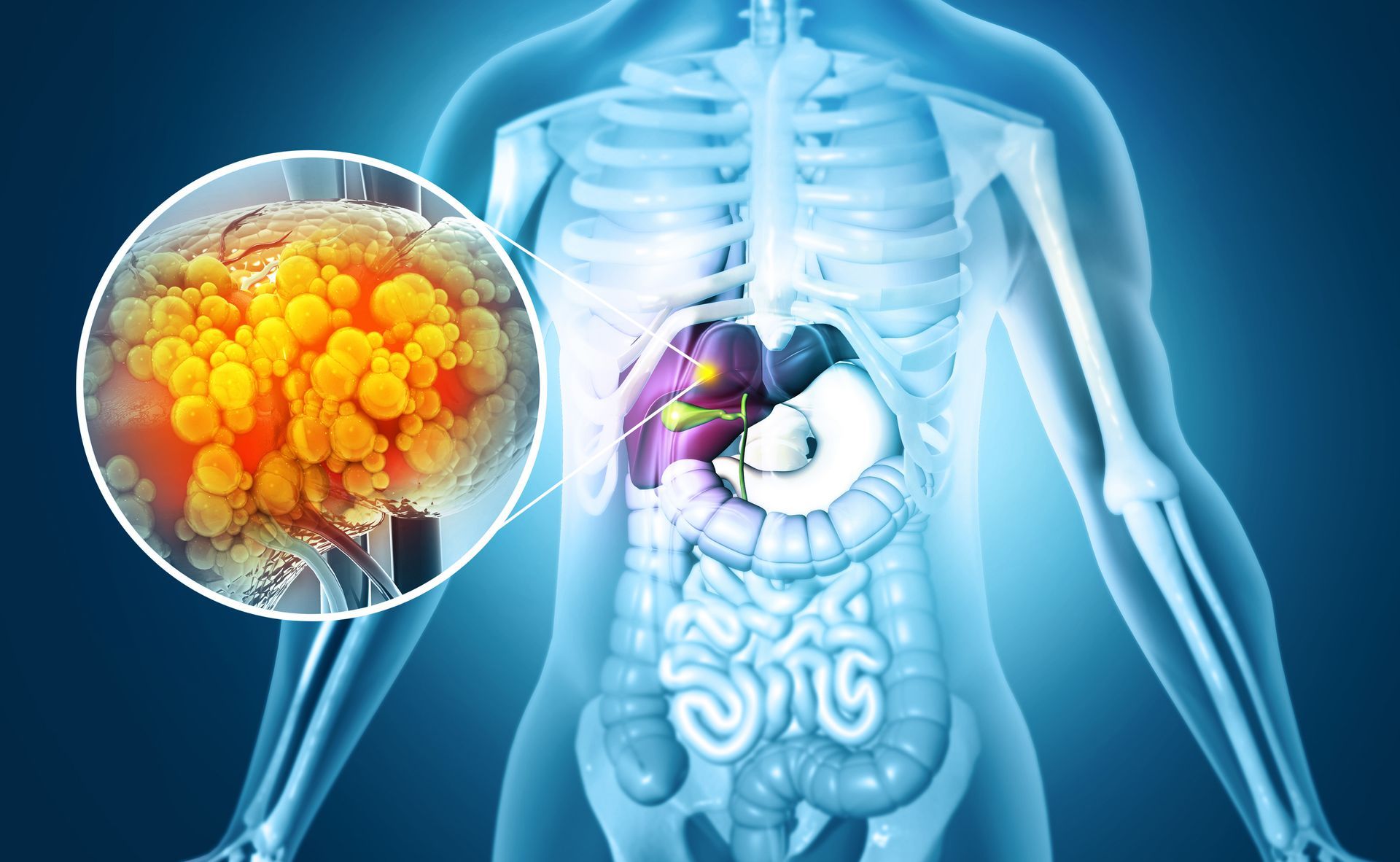Understanding the Stages of Colorectal Cancer
The American Cancer Society forecasts that over 53,000 people will die from colon cancer in 2020. While this is an alarming number, a colon cancer diagnosis can be managed and treated if caught early enough. Cancer occurs when the tissue in a part of your body multiplies out of control. Named for the part of the body that is first affected, colorectal cancer is a malignant growth in the lining of your colon or rectum. When the components of your body that control the rate at which tissue multiplies malfunction, the affected cells continue to grow and impact surrounding tissue. Because cancers develop over time and at varying rates, there are different stages that identify the development and progress of the disease. The stage of any given cancer will dictate the available treatment options.
Colon cancer is categorized from stage 0 to stage IV, each with an A-C subrange. Each stage is determined by both the location of the malignant cells, and by how far into the wall of the colon the cancer has spread. Let’s take a closer look at each stage.
Stage 0 Colon Cancer
The earliest stage of colorectal cancer is stage 0. The cancerous cells are contained in the mucosa, or inner lining of the large intestine. This stage has a high survival rate.
Stage I Colon Cancer
As the cancer works its way deeper into the layers of the colon, stage I begins. Stage IA indicates that it has reached the submucosa. Stage I colon cancer is still well contained and has a good chance of being treated.
Stage II Colon Cancer
Stage II colorectal cancer means that the cancer has grown into, and possibly past the outer layers of the colon or rectum. Stage II indicates that the cancer has reached to the other layer of the colon, but not to any other tissue. Stage IIB means that the cancer is found throughout the colon wall. Stage IIC means that malignant cells have spread to nearby organs and other tissue.
Stage III Colon Cancer
Stage III begins when the cancer is found in nearby lymph nodes.
Stage IV Colon Cancer
The most severe form of colon cancer is stage IV. The cancer can be identified throughout the lining of your abdomen as well as distant body parts from the colon.
Regular colon cancer screenings and routine colonoscopies are the best way to catch colon cancer before it can develop to its later stages. The expert team of gastroenterologists at Digestive Diseases Center in Panama City, Florida are here to help with any of digestive health needs.
CONTACT
850-763-5409
ADDRESSES
4 LOCATIONS
204 E 19th Street, B, Panama City
12216 Panama City Beach Pkwy, D, Panama City Beach
4295 3rd Ave, Marianna
101 Good Morning St., 109B, Port St. Joe
Subscribe to our newsletter:
subscribe to our newsletter
We will get back to you as soon as possible.
Please try again later.



